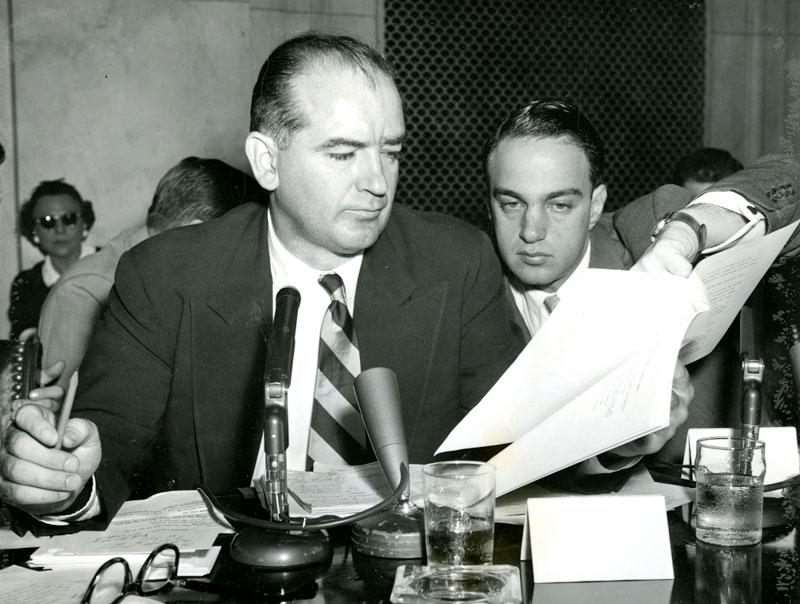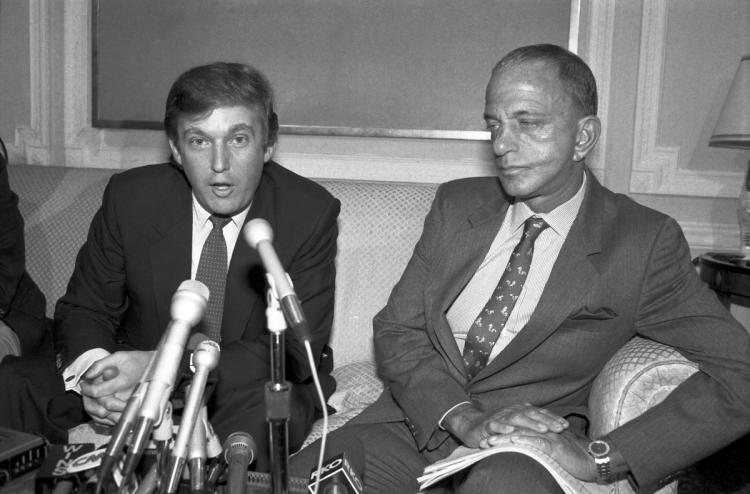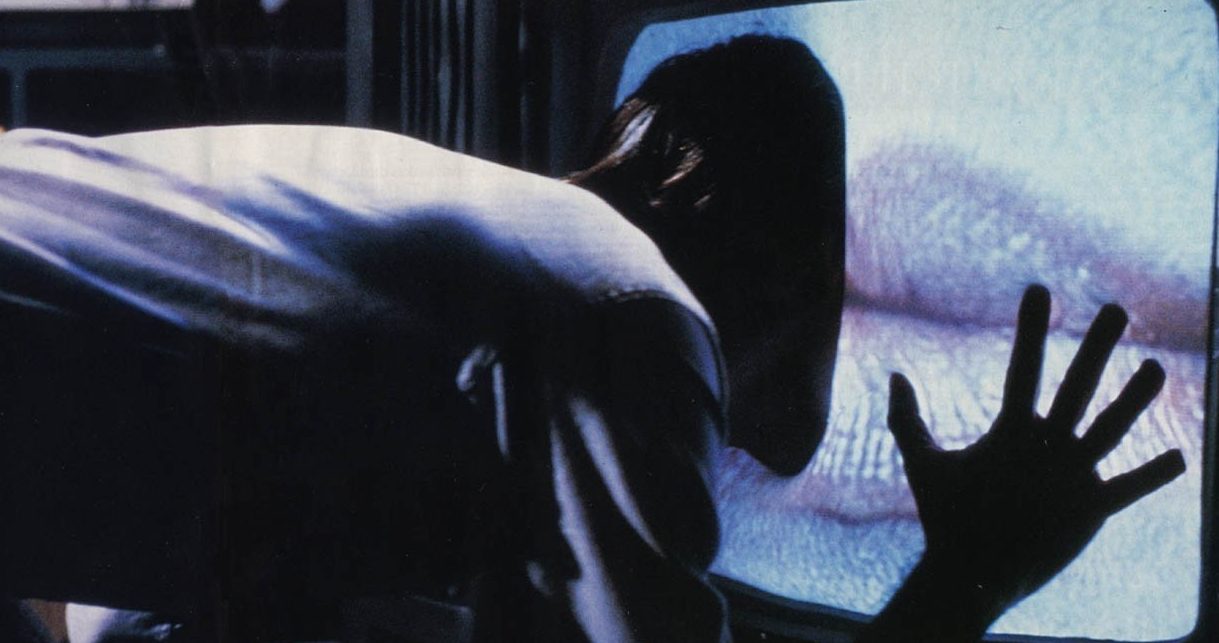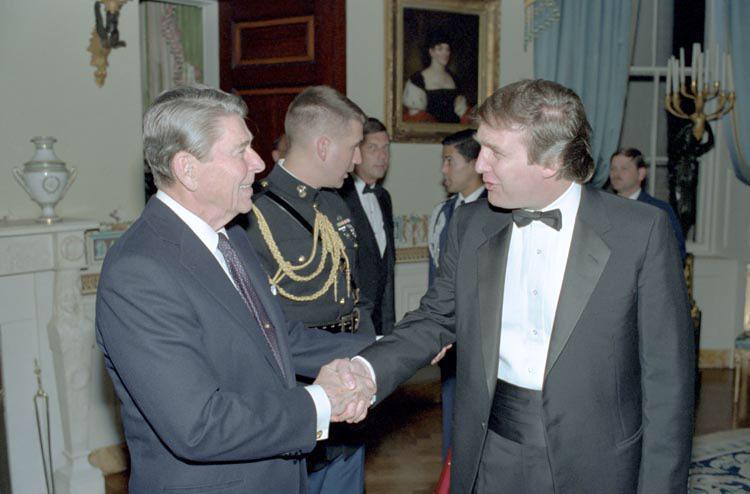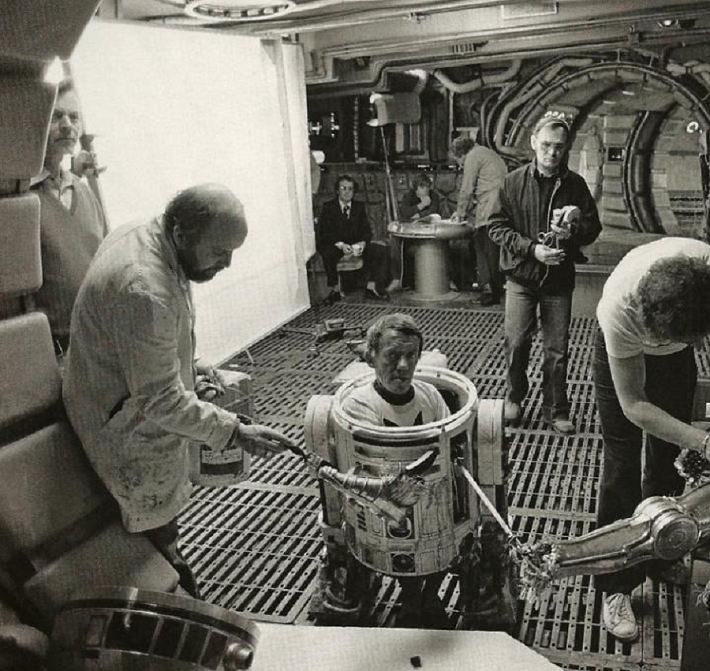“Ronald Reagan would roll over in his grave,” President Obama said of the rising number of Republicans friending the thuggish Russian kleptocrat Vladimir Putin, who was encouraged to hack the nation’s elections by the orange supremacist who’s to be our next Commander-in-Chief.
The struggle for power usually conducts a stress test on the avowed moral center of many, and this campaign season was no exception. Evangelicals had to kneel, genuflect and do cartwheels to support a braggadocious serial groom and sexual predator who is far more concerned with a piece of tail than the Lamb of God. Trump would be hard pressed to recite the Ten Commandments, even the many he’s broken. If there’s no fealty to deity let along decency among many in this voting bloc, than what exactly did they see in Trump that was appealing? Was it the Make America White Again message? Was it something else?
Pat Buchanan backed Trump from early on which might seem appropriate since he’s a scapegoating isolationist who is the President-Elect’s most precise political ancestor. But there’s a catch. Buchanan has for decades been an apologist for Senator Joseph McCarthy, the deeply damaged inquisitor who lorded over the House Un-American Activities Committee interrogations of those he accused of having secret communist ties. They were allies of the Soviets and traitors to America, he charged, as he ruined one life after another, because our nation’s sovereignty was supposedly at risk. Funny that Buchanan ended up such an ardent admirer of Trump, who was not at all clandestine in imploring Putin to undermine America’s Presidential election and has stocked his proposed cabinet with allies of the autocrat.
Politics makes for strange bedfellows, but who would have thought Buchanan would end up sleeping in Lenin’s Tomb?
From Jacob Weisberg’s 1996 New Republic Buchanan profile:
Buchanan’s politics has its roots in the 1930s isolationism of Father Charles E. Coughlin and Charles A. Lindbergh. The hallmarks of this tradition are a fierce and unselective anti-communism, an animosity toward Britain, and an eccentric obsession with the menace of “Jewish internationalism.” Buchanan’s earliest syndicated columns echo these obsessions. In 1975 he attacked the infamous United Nations resolution equating Zionism with racism. But he laid some of the blame at the door of “Western intellectuals and internationalists, many of them Jews.” The fault was partly theirs, he wrote, because Jews supported the idea of the U.N. in the first place. Attempting to draw out this supposed irony in another piece, he blasted “the American intelligentsia, a significant slice of which is Jewish and avidly pro-Israel.” This echoes Coughlin, in whose lexicon “intellectual” and “internationalist” were not only cusswords but also synonyms both for Jews and for secular liberals.
Buchanan absorbed this view while being “raised Catholic,” as he puts it, in Washington in the 1940s and ’50s. “My father’s sympathies had been with the isolationists, with Charles Lindbergh and the America First Committee,” Buchanan writes in the first chapter of his 1988 autobiography, Right from the Beginning. By the time he had reached political consciousness, he identified with his father’s heroes: Franco, Douglas MacArthur, and Joe McCarthy.
What the Buchanans admired about these men was their pugnacity and their loyalty to their causes. Patrick’s father taught his sons to fight and encouraged them to do so. The boys were beaten if they didn’t practice “hitting the bag” often enough. “Whenever we were arrested for fighting or came home bloodied, we were not punished by my parents, so long as we had fought fairly. Pop was usually more interested in how well we had done,” Buchanan writes. Much of his memoir is a gleeful recounting of brawls, including ones in which he and his brother Hank ganged up on single victims, or “sucker punched” guys who deserved it. The book is suffused with a thug’s love for combat, which metamorphosed into verbal violence sometime after Buchanan graduated from Georgetown, a year late as a result of mixing it up with two policemen trying to give him a ticket. McCarthy, Buchanan writes, “was cheered because for four years he was daily kicking the living hell out of people most Americans concluded ought to have the living hell kicked out of them.”•

